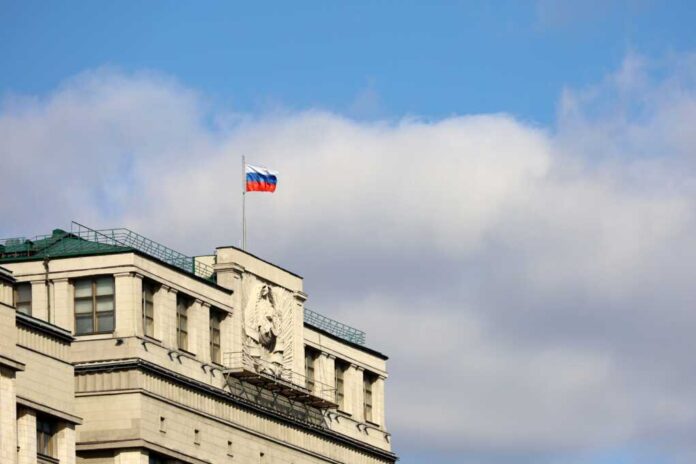
In a surprising turn of events the International Monetary Fund (IMF) has projected that Russia’s economy will grow at a rate of 3.2% in 2024 outpacing all other advanced economies. This forecast comes despite the extensive sanctions imposed on Russia by the United States and its European allies following the invasion of Ukraine in 2022.
According to the IMF’s latest projections the United States is expected to achieve a growth rate of 2.7% in 2024 while major European economies such as Germany the United Kingdom and France are predicted to see growth rates of no more than 0.7%. These figures have raised eyebrows among economists and policymakers who had anticipated the sanctions would have a more severe impact on Russia’s economic performance.
IMF Managing Director Kristalina Georgieva described Russia’s economic situation as a “war economy” noting that the state had built a sizable financial buffer over many years of fiscal discipline which it is now investing in fortifying its economy. “The sanctions have pushed us toward the fortification of our economy,” a Russian economic official stated.
The IMF’s projections have sparked a debate about the effectiveness of the sanctions regime and its potential unintended consequences. Some analysts argue that the sanctions may have inadvertently encouraged Russia to strengthen its domestic economy and reduce its dependence on international trade.
As the 2024 U.S. presidential election approaches the economic disparity between Russia and Western nations could become a significant campaign issue. Candidates particularly those aligned with the America First movement may seize upon the IMF’s projections to criticize the Biden administration’s foreign policy and the costs associated with supporting Ukraine in the ongoing conflict.














